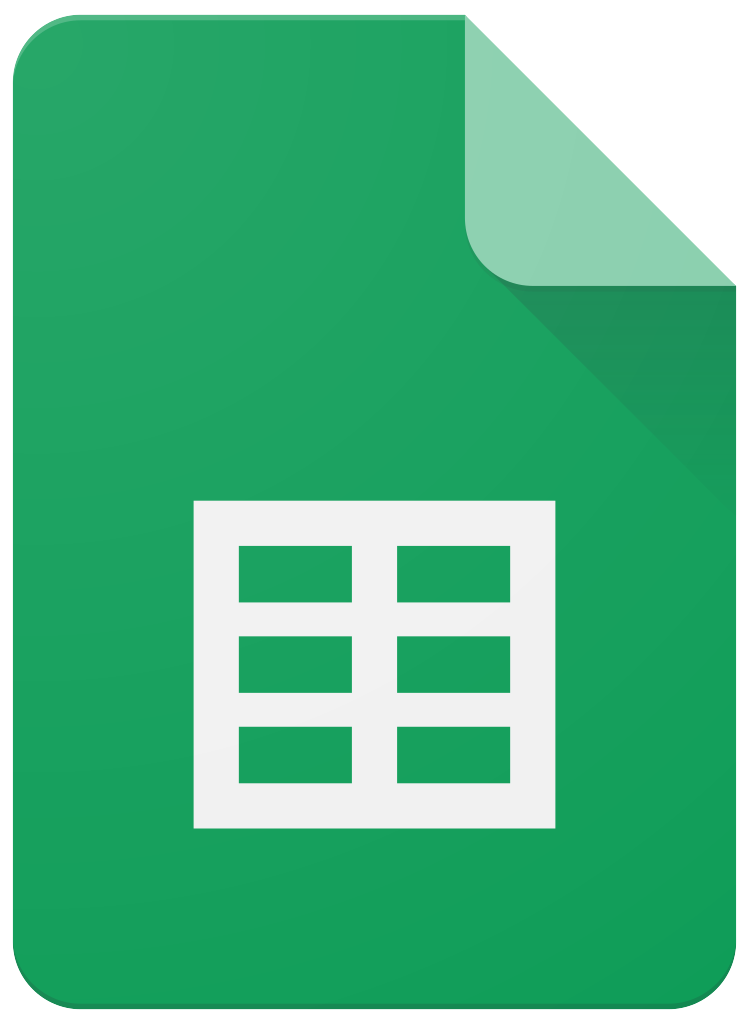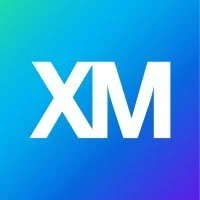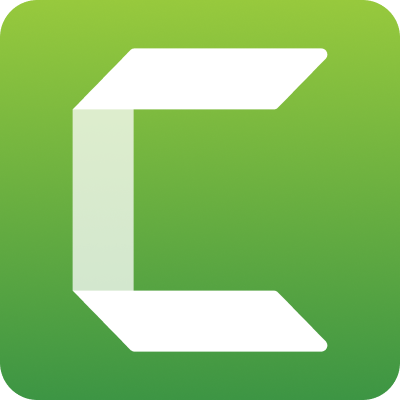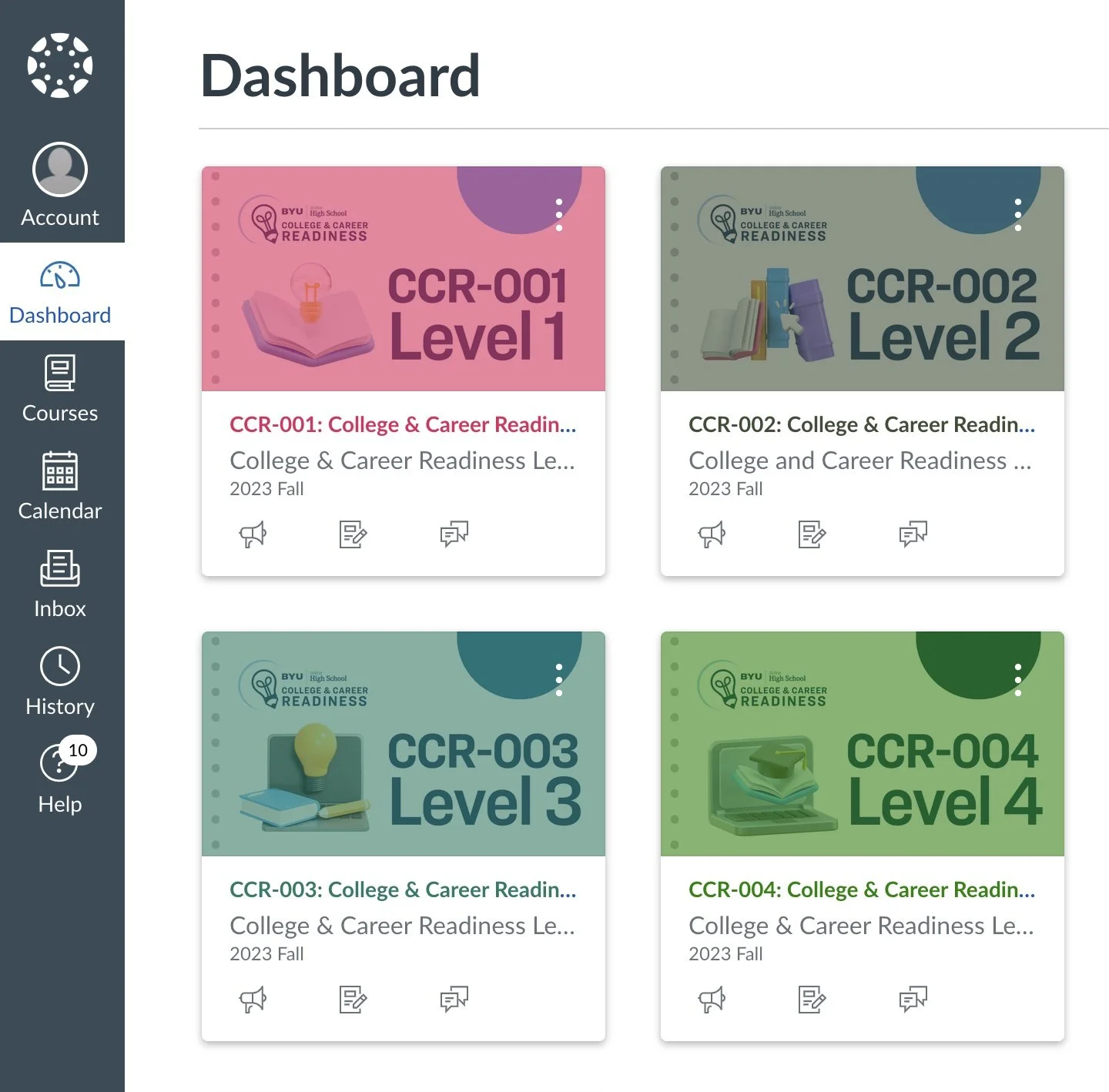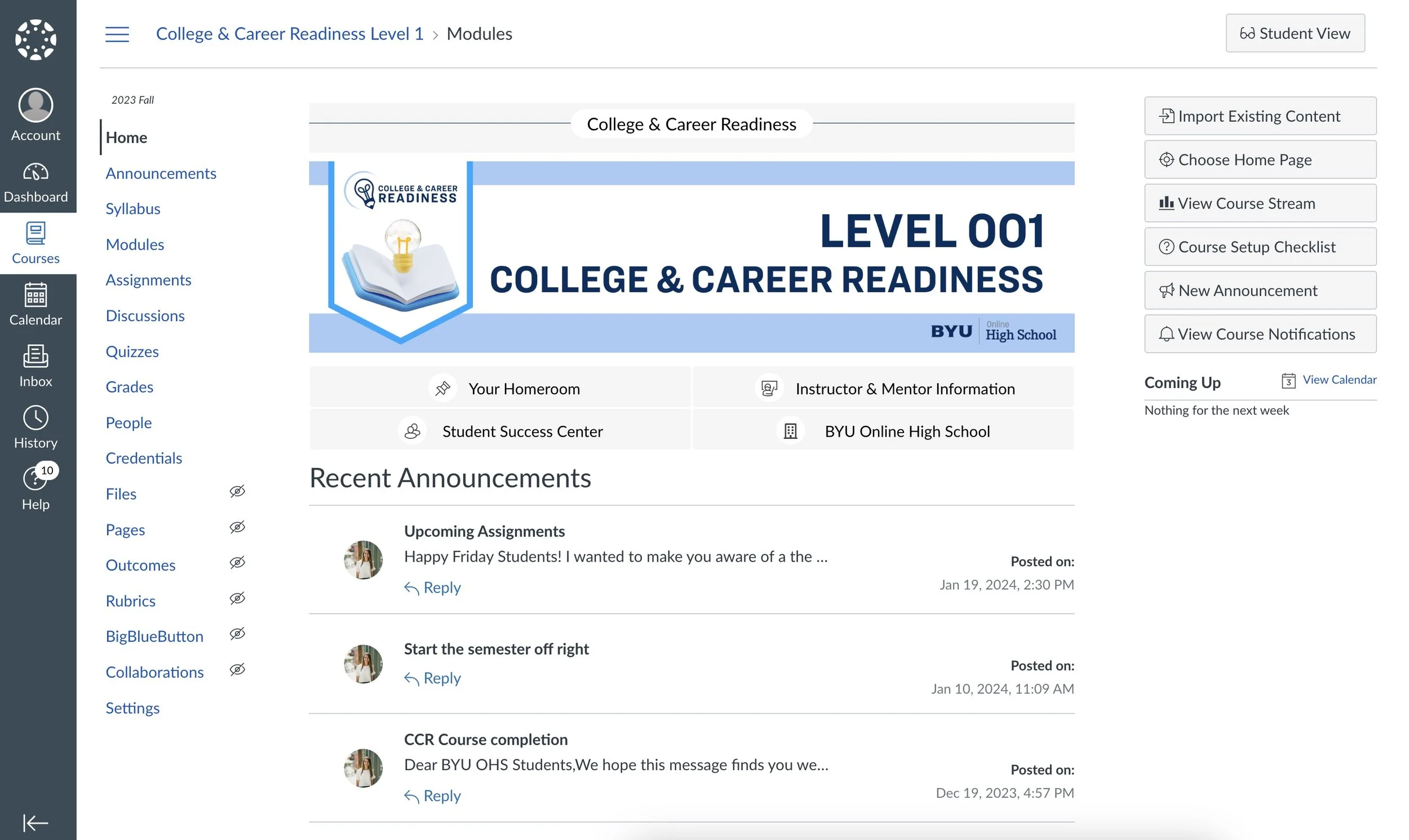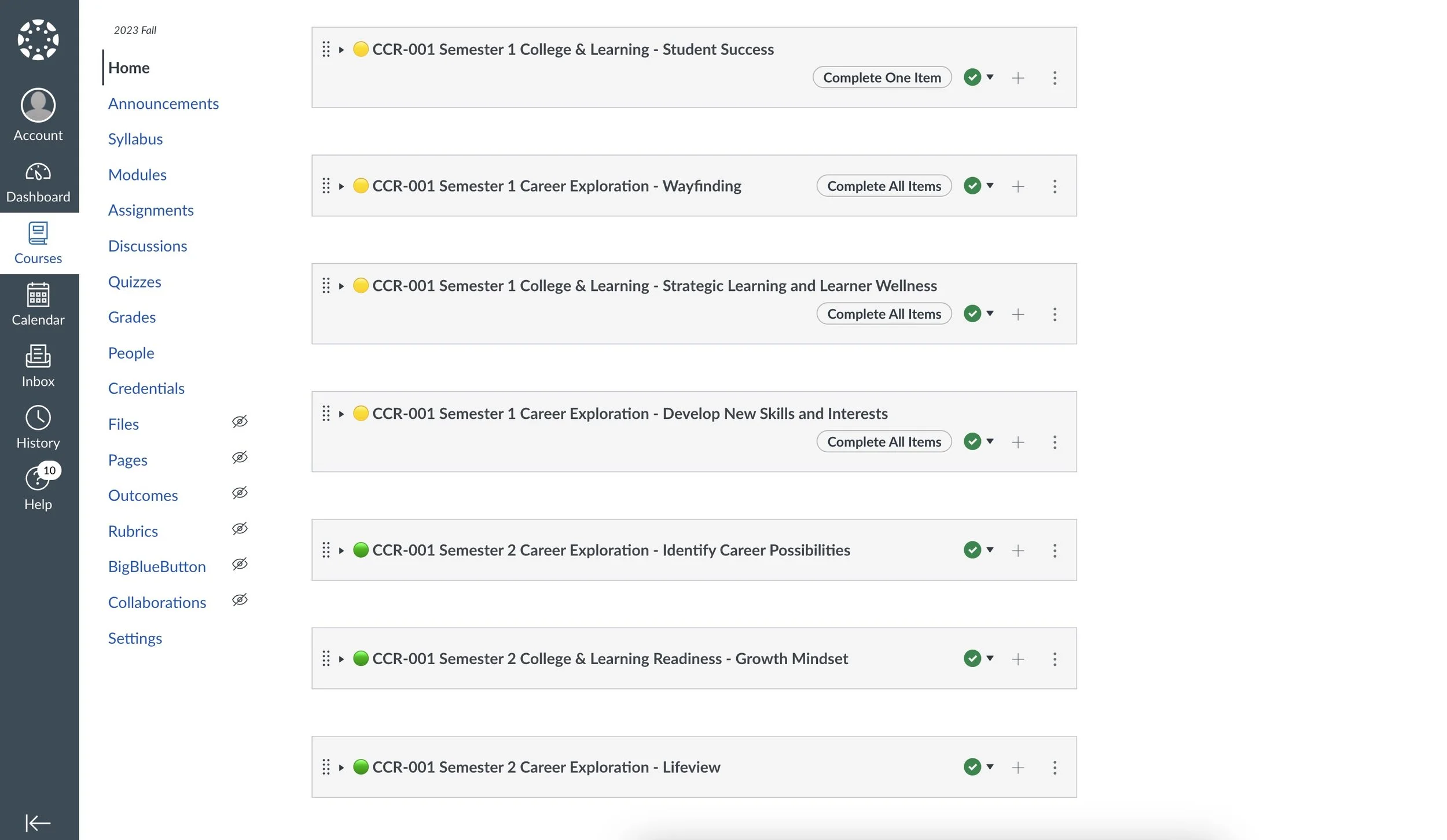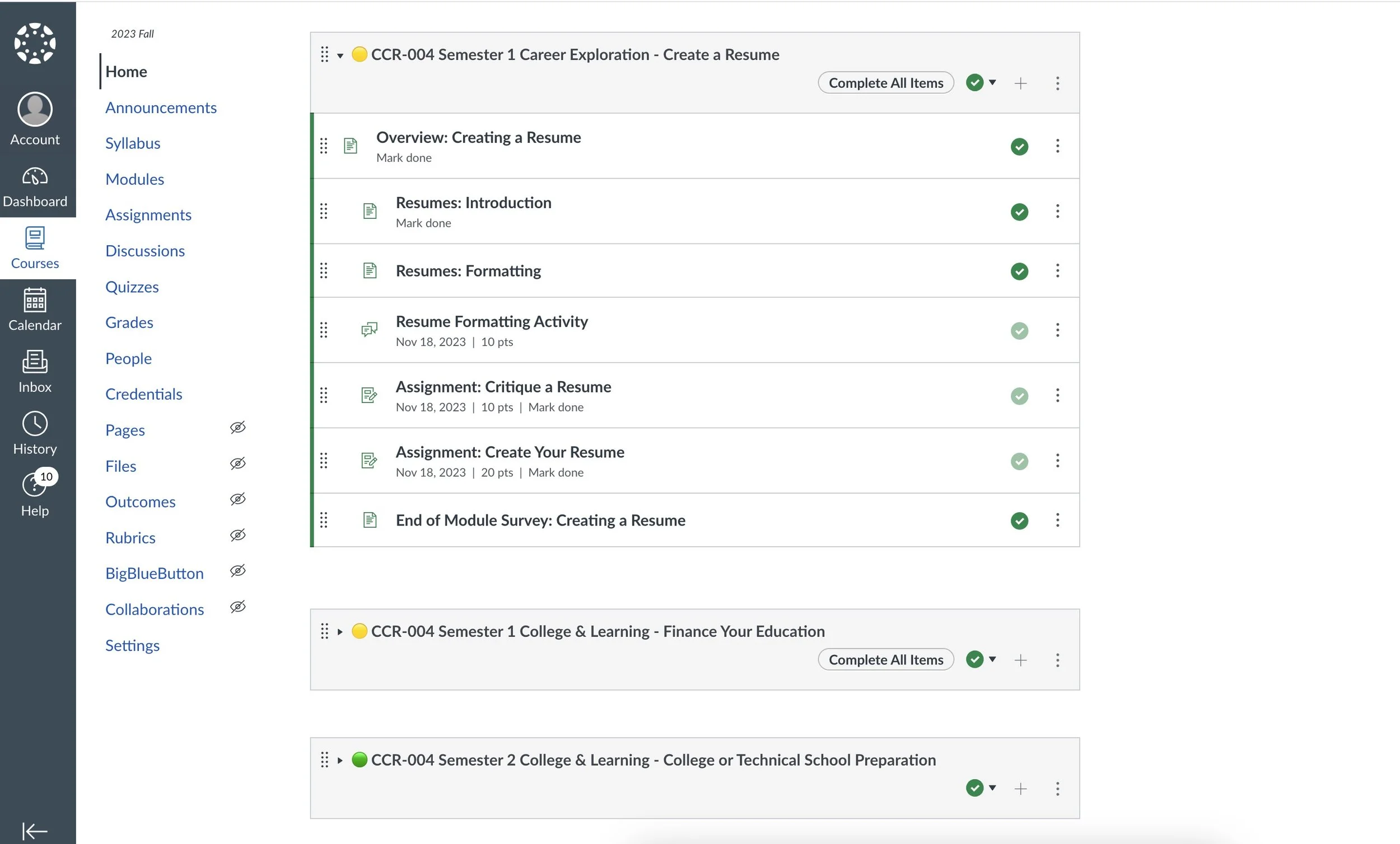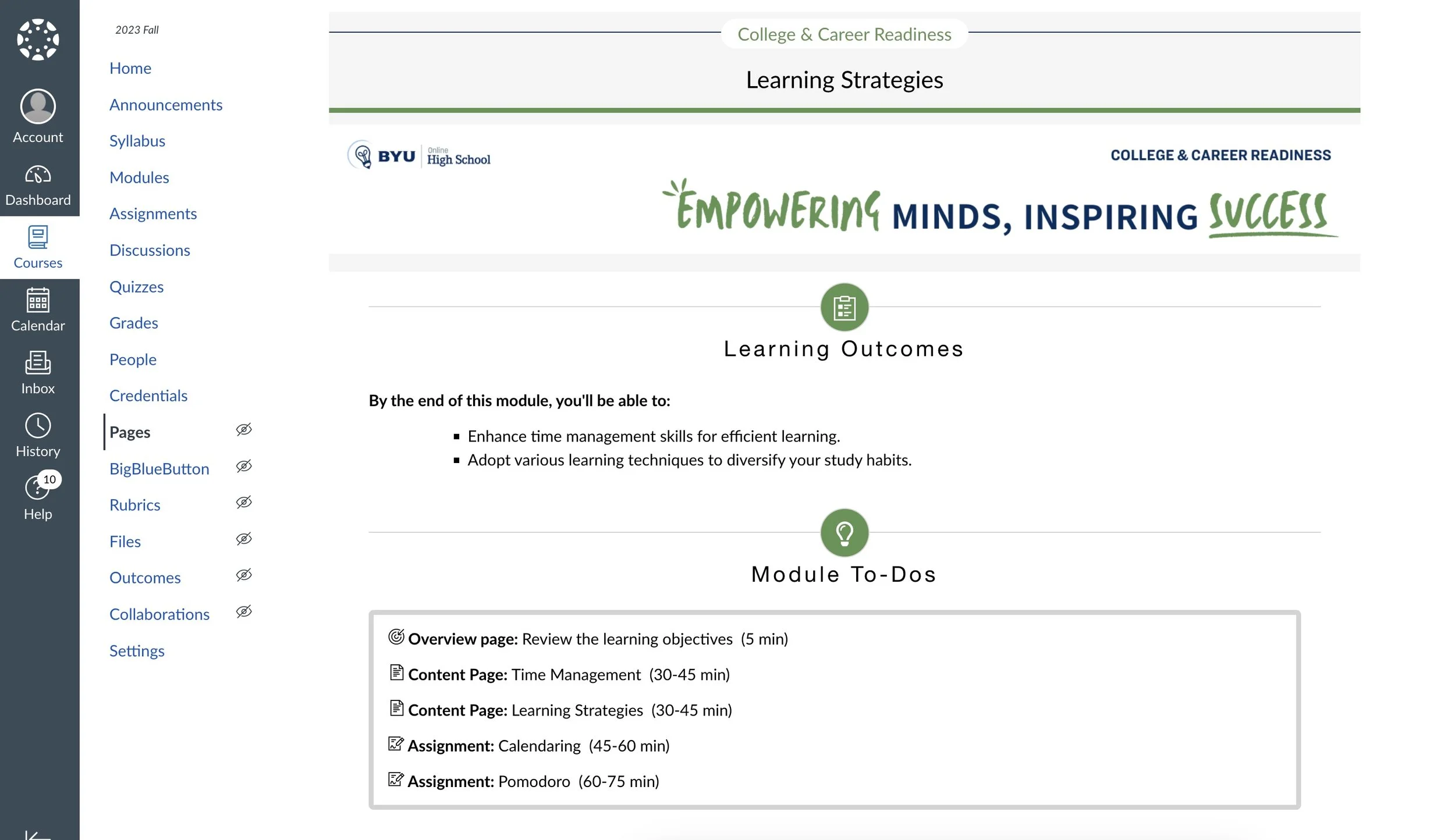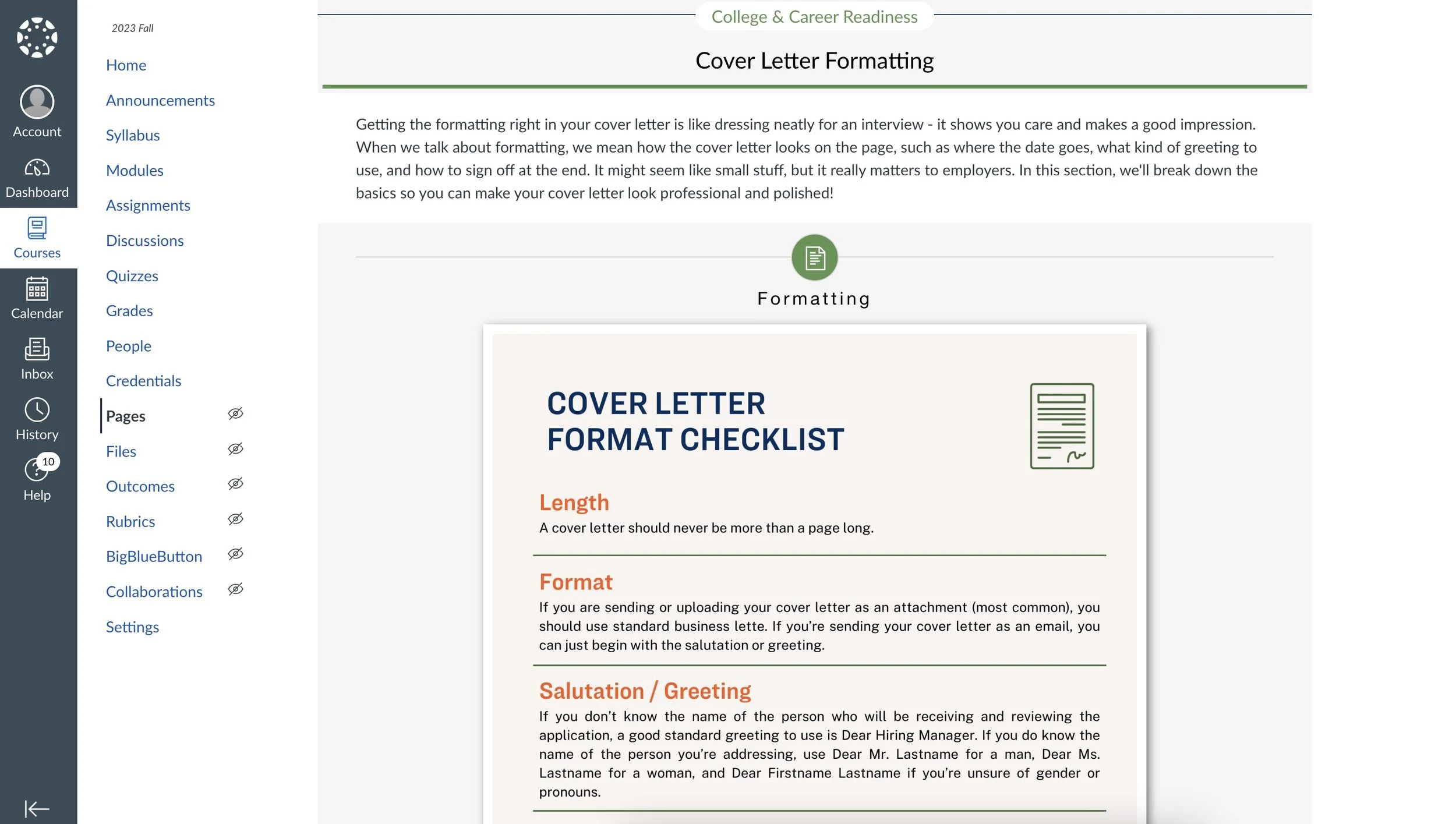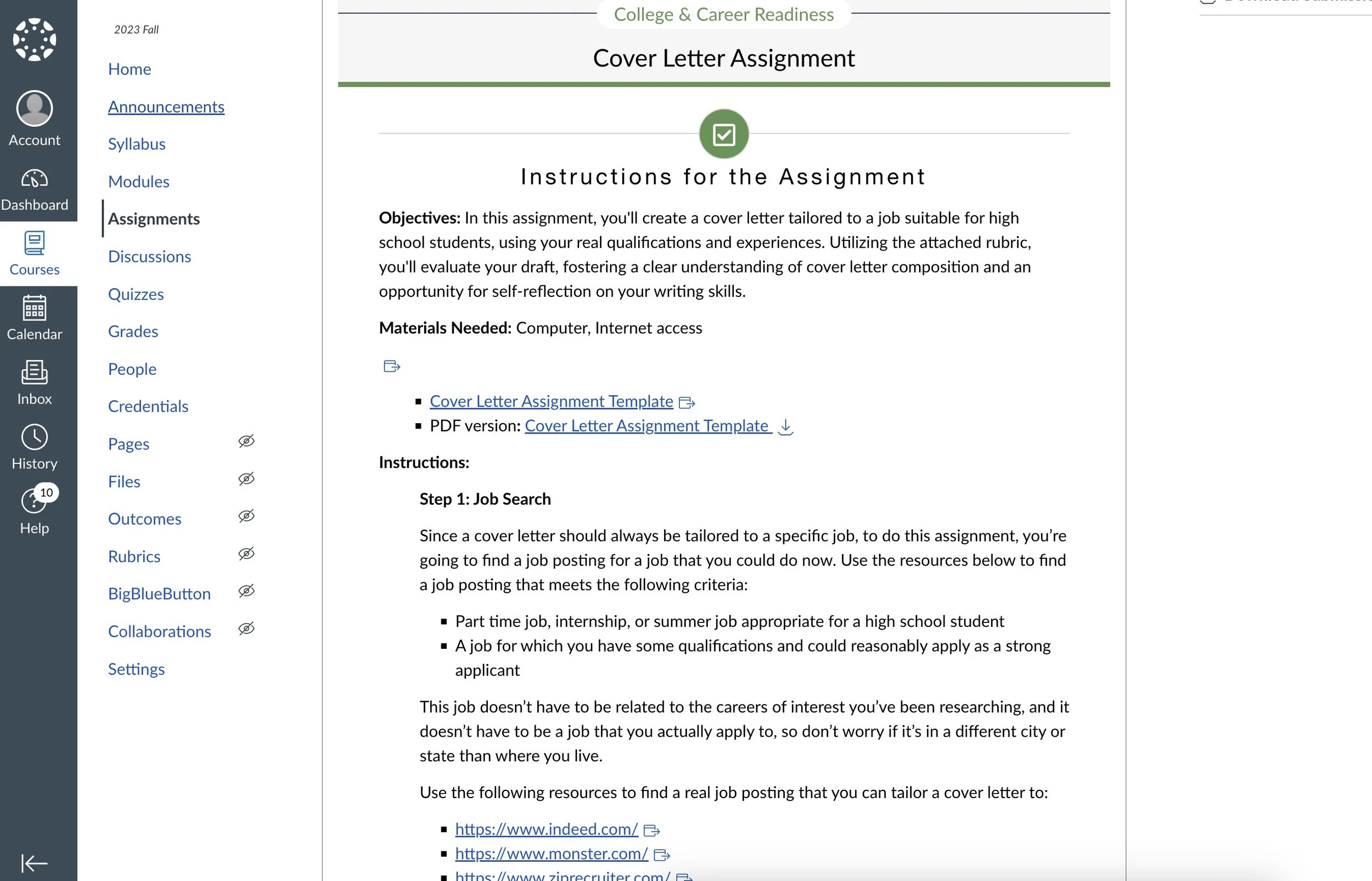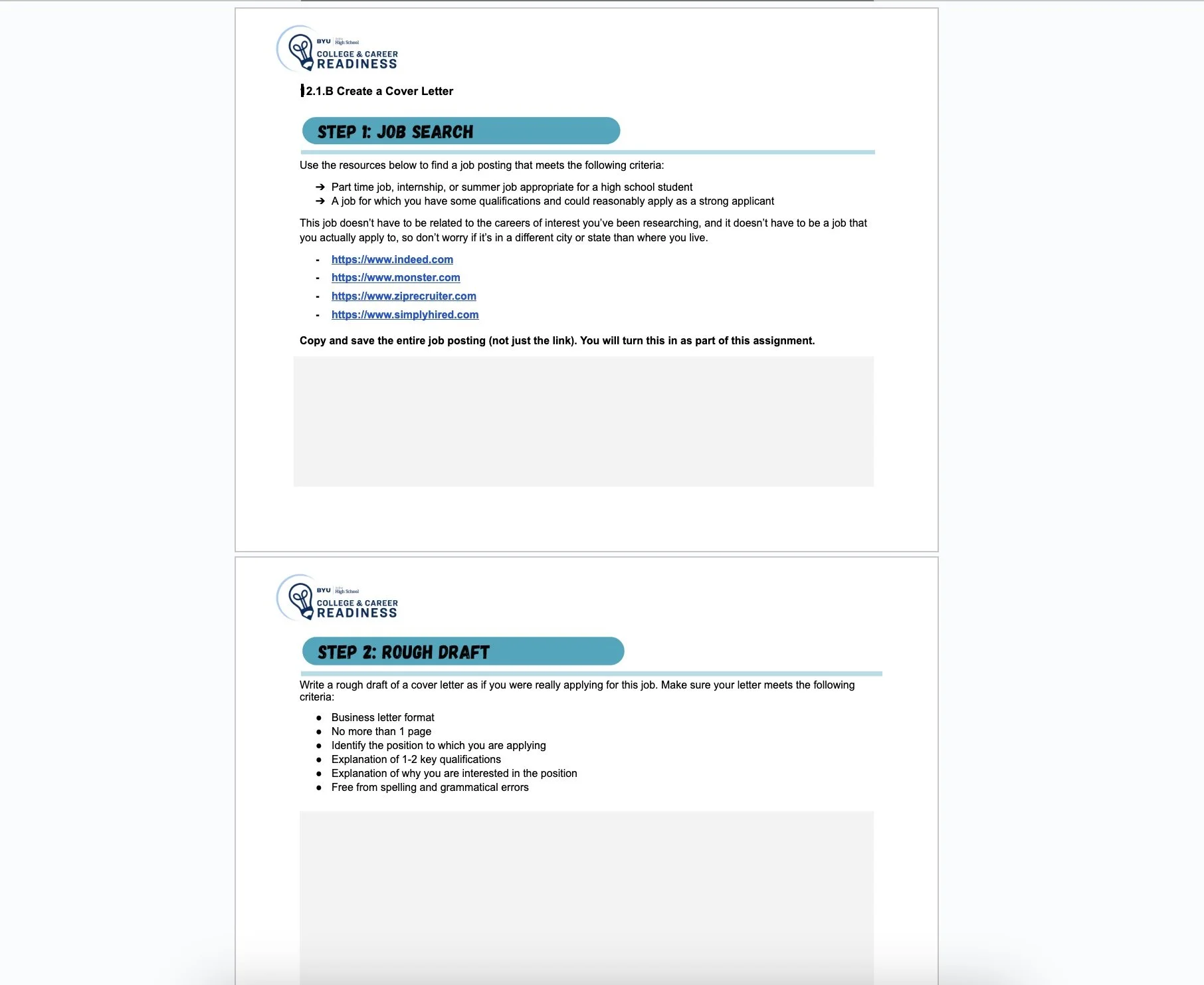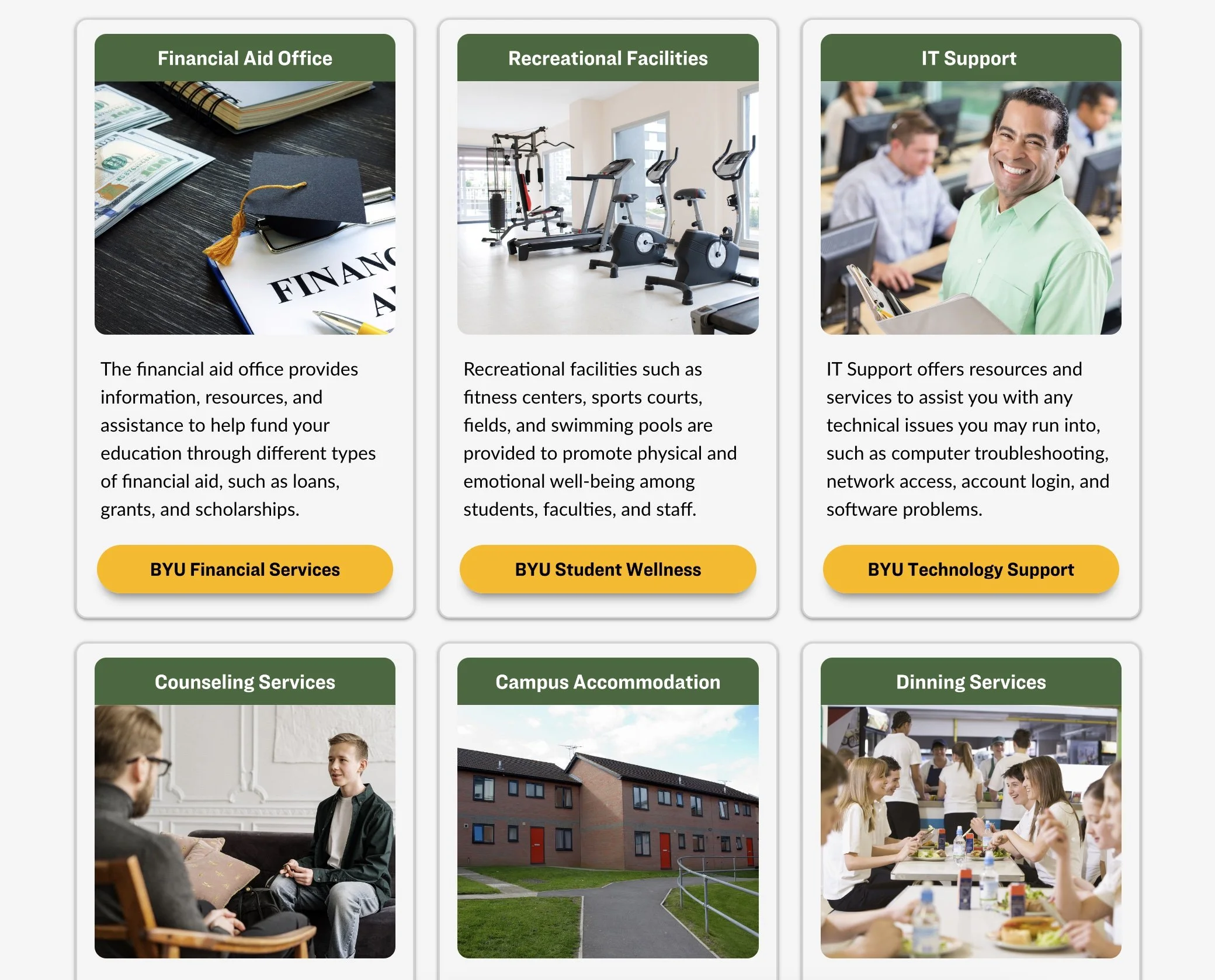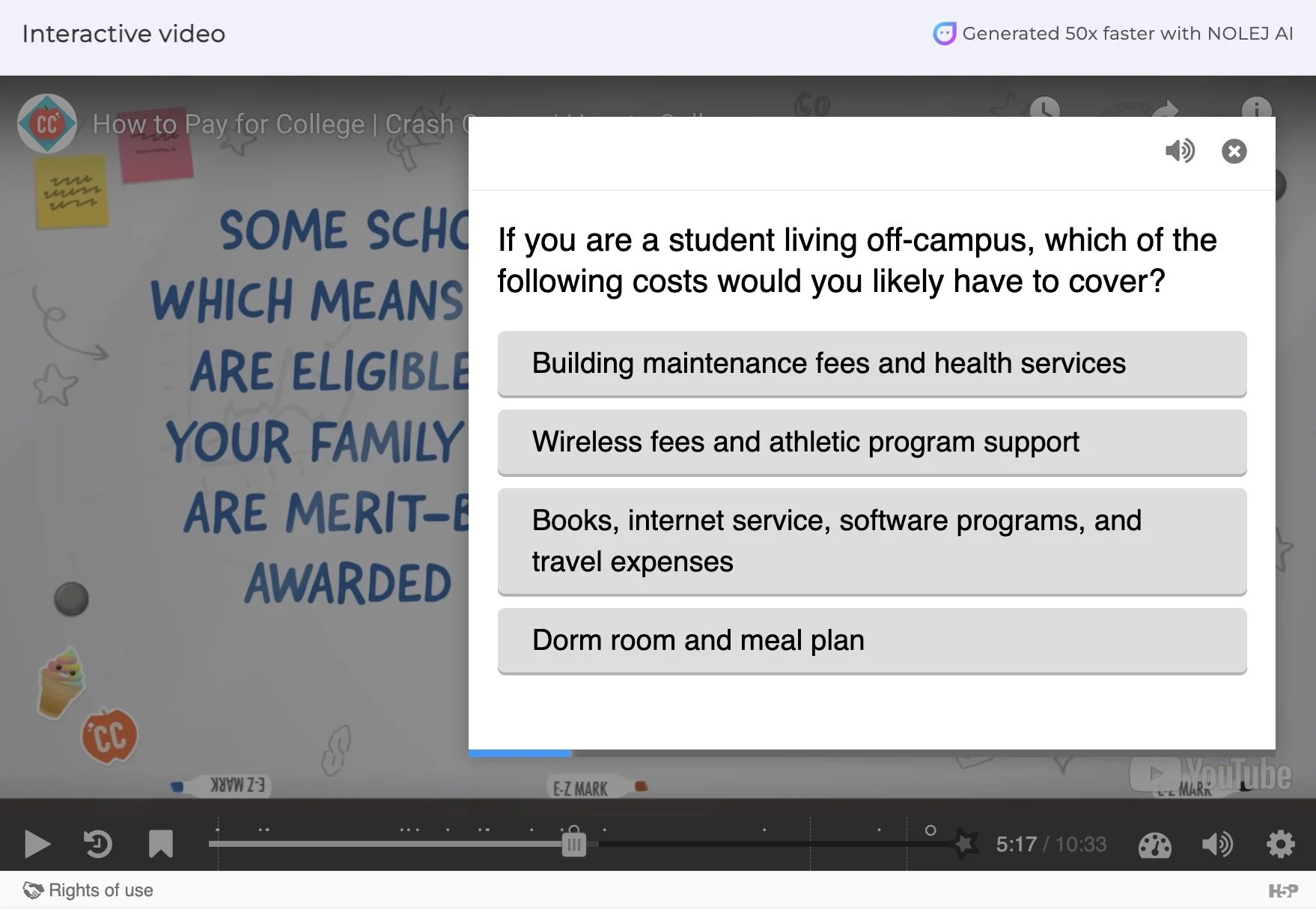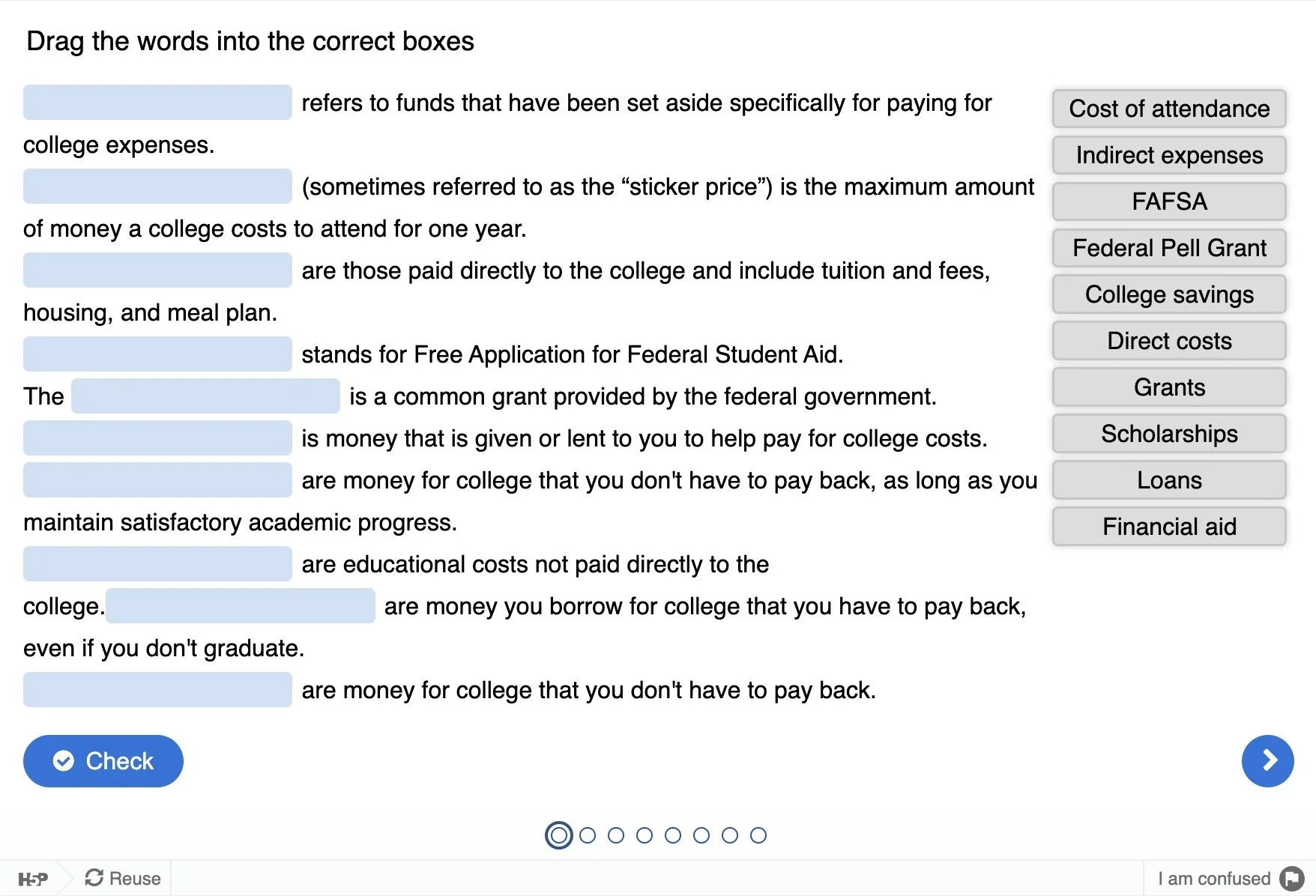Learning Solution
Design and develop a 4-Year online asynchronous Canvas course aiming to provide comprehensive educational and skill-oriented development that integrates theoretical knowledge with real-world application, guiding students toward successful college admission and career initiatives.
Challenges
BYU Online High School operates in a virtual environment, where students face the challenge of limited face-to-face interaction with counselors, lacking the opportunity for spontaneous guidance by simply dropping into a counselor’s office. With over 400 students assigned to a single counselor, scheduling timely online appointments further exacerbates accessibility issues.
Clients
BYU Online High School
BYU Continuing Education
BYU Student Success Center
Goals
The primary goal of this course is to equip BYU Online High School students with comprehensive knowledge and resources for college and career readiness. By complementing traditional school counseling, this course aims to thoroughly prepare students for a wide range of post-secondary opportunities. It serves to deliver essential guidance and support in a structured, accessible format that students can utilize independently or collaboratively, enhancing their readiness for future academic and career endeavors in a virtual learning environment.
User Testing and Evaluation
Project Management
My Role
As the Lead Instructional Designer and Project Manager/Scrum Master, I coordinated a team of five instructional designers and one UX designer, overseeing project planning, content development, and quality assurance to deliver high-quality instructional solutions aligned with stakeholder needs.
Skills & Tools Used
Instructional Design Theories, Curriculum Development, Research, Analysis, Evaluation, Assessment, Project Management, UX Design & Testing, Accessibility, Universal Design for Learning, Collaboration & Communication
Instructional Strategies and Learning Theories
Learner Personas
Design and Development Process
-
Incorporating Social Learning Theory, the College and Career Readiness (CCR) courses emphasize learning through observation and imitation from a “knowledgable other.” In this course, mentors from the BYU Student Success Center play an important role, creating videos to share their experiences in college applications, job interviews, and help-seeking strategies. These resources provide students with practical and observable models to learn from.
-
Emphasizes the importance of social and cultural context in learning. These courses connect students through online discussion boards and collaborative projects, creating a networked learning environment. Additionally, students connect with mentors for regular meetings and check-ins, enriching their learning experience with real-world insights and guidance.
-
Constructivism involves students constructing their own understanding and knowledge through real-world tasks, problem-solving activities, and reflective practices. The CCR courses support students in being active learners and applying what they learn to practical situations.
Examples: Mock Interviews, Portfolio planning, Time Management Simulations, etc.
-
Universal Design for Learning (UDL) principles guide the creation of an accessible and inclusive learning environment by offering multiple means of engagement. For example, the CCR courses provide tutorials in both video and text formats. The courses also offer alternatives to Google Suites (local disk as a portfolio instead of Google Drive, fillable PDF instead of Google Docs) for students and parents with internet safety concerns. Recognizing students' diverse circumstances and learning paces, flexible assessments and deadlines will also be provided.
-
Bloom’s Taxonomy guides the development of learning objectives, instructional content, and assessments of this course, ensuring that students progress from basic knowledge acquisition to higher-order critical thinking skills.
Marketing




